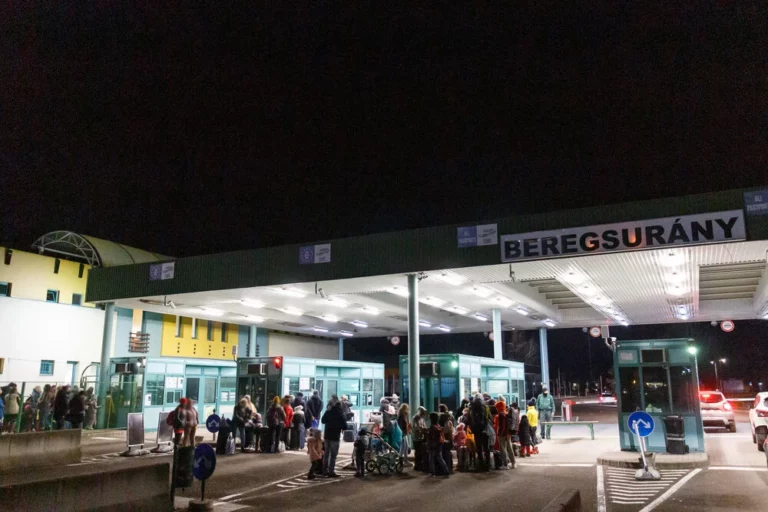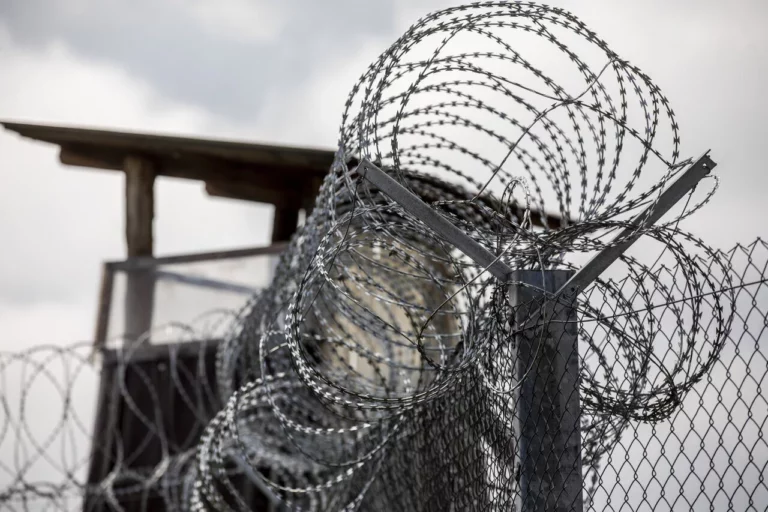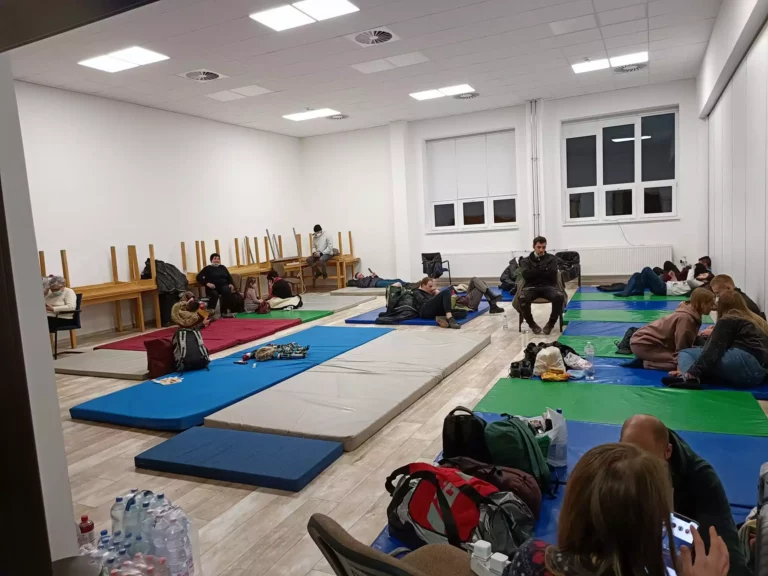Hungary border control
Help centres established for refugees along the border

Will the government vaccinate you, if you come as a refugee?

Hungary, Serbia to upgrade border crossings

Hungarian-Ukrainian border: more and more people are coming

Ombudsman to open office near Hungary-Ukraine border

This is how the Hungarian-Ukrainian border looks now – a field report

This is why the Hungarian defence minister visited the Ukrainian border
Hungarian donations of food and fuel arrive in Transcarpathia

More than 62,000 refugees enter Hungary from Ukraine

Refugees get assistance in Lónya and other Hungarian border towns

Strasbourg condemns Hungary for detaining Afghan family for 209 days

1,600 refugees arrived in Záhony in two days!

3-5 km long queues at the Ukrainian-Hungarian border crossings!

It’s official: Hungary lets in everybody coming from Ukraine!

Hungary bans travels to Ukraine, helps foreigners get out

FM Szijjártó: evacuation from Ukraine ‘impossible’

Ukrainian refugees crossing Hungarian border on foot!

Migrants attack Hungarian guards with improvised weapons, slingshots – VIDEO





 ZH
ZH IT
IT DE
DE HR
HR NL
NL FR
FR JA
JA RO
RO RU
RU ES
ES TR
TR
